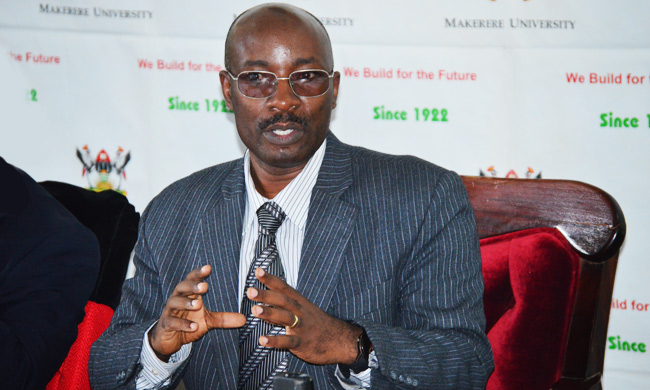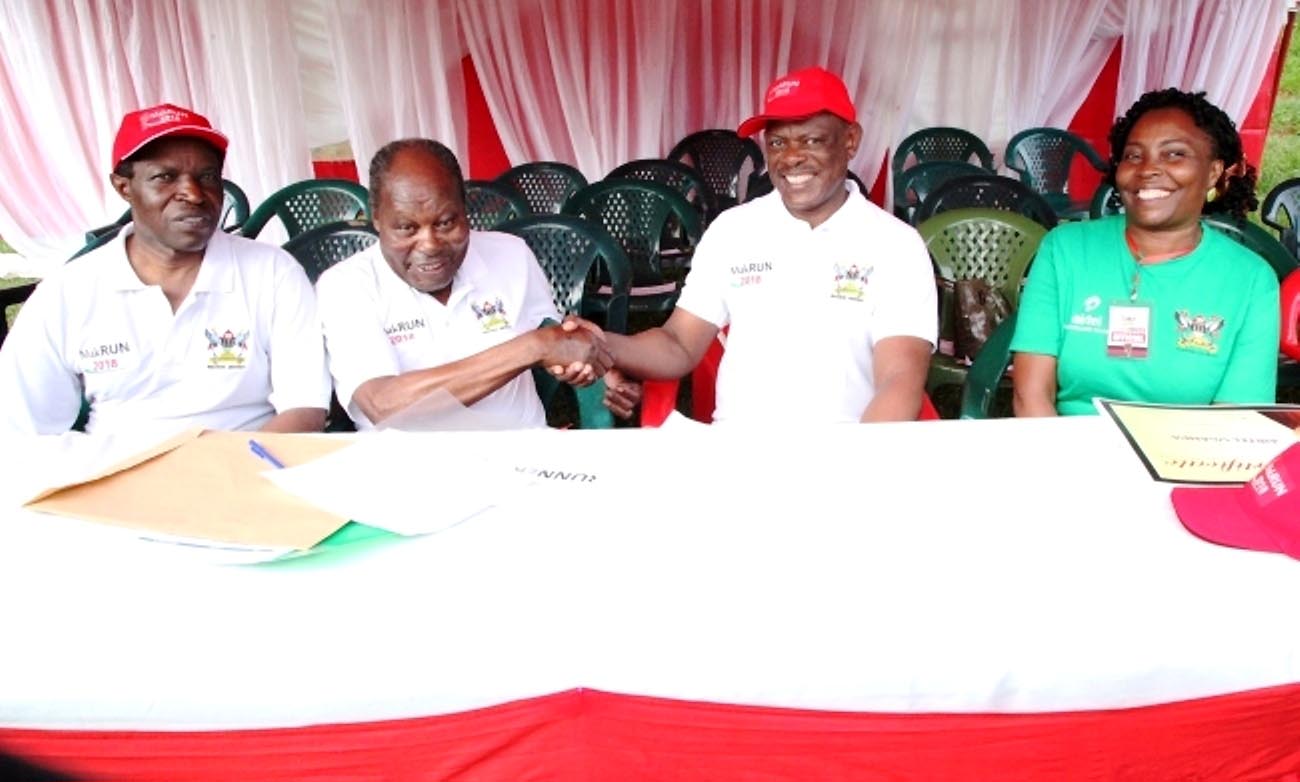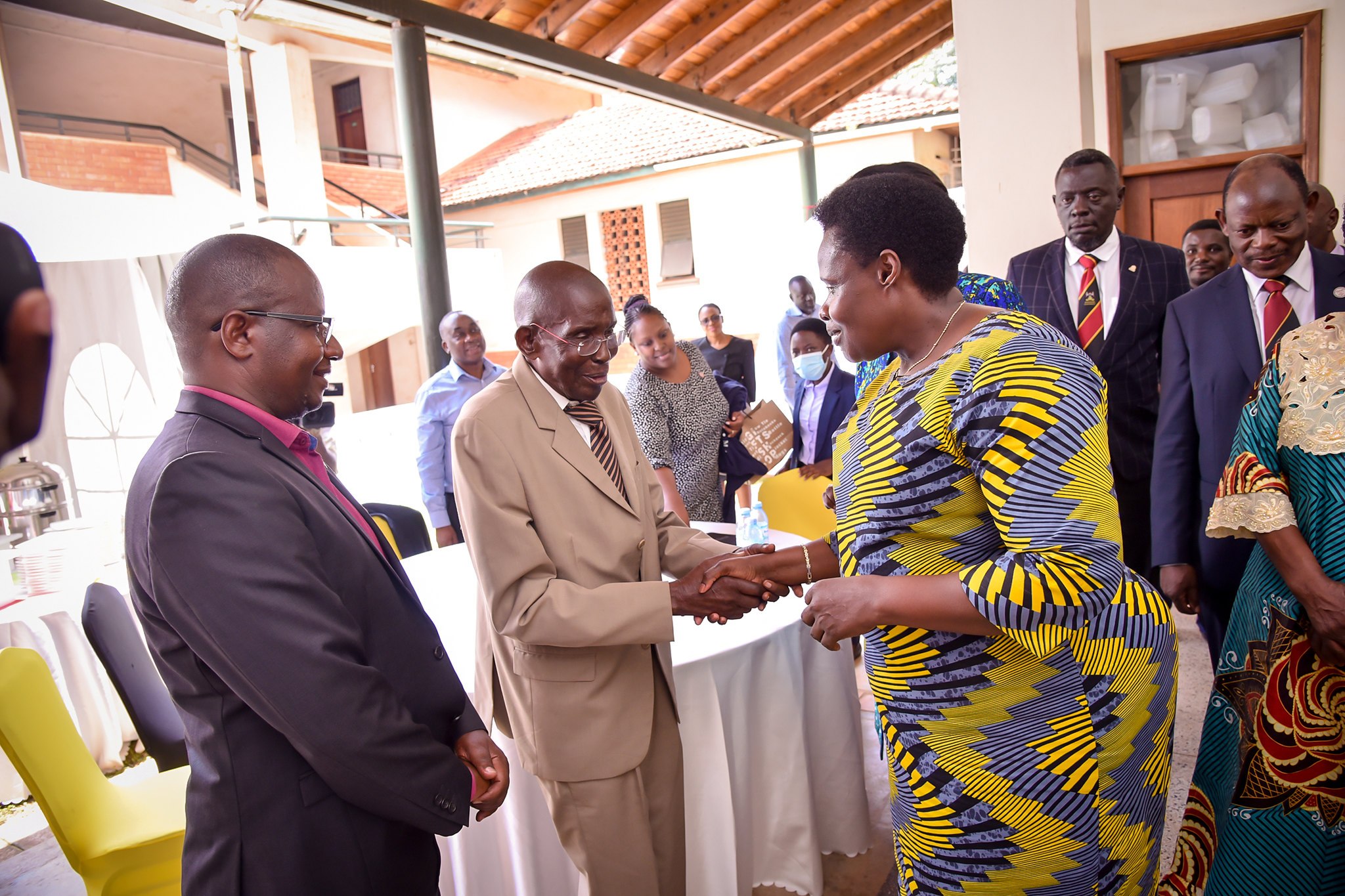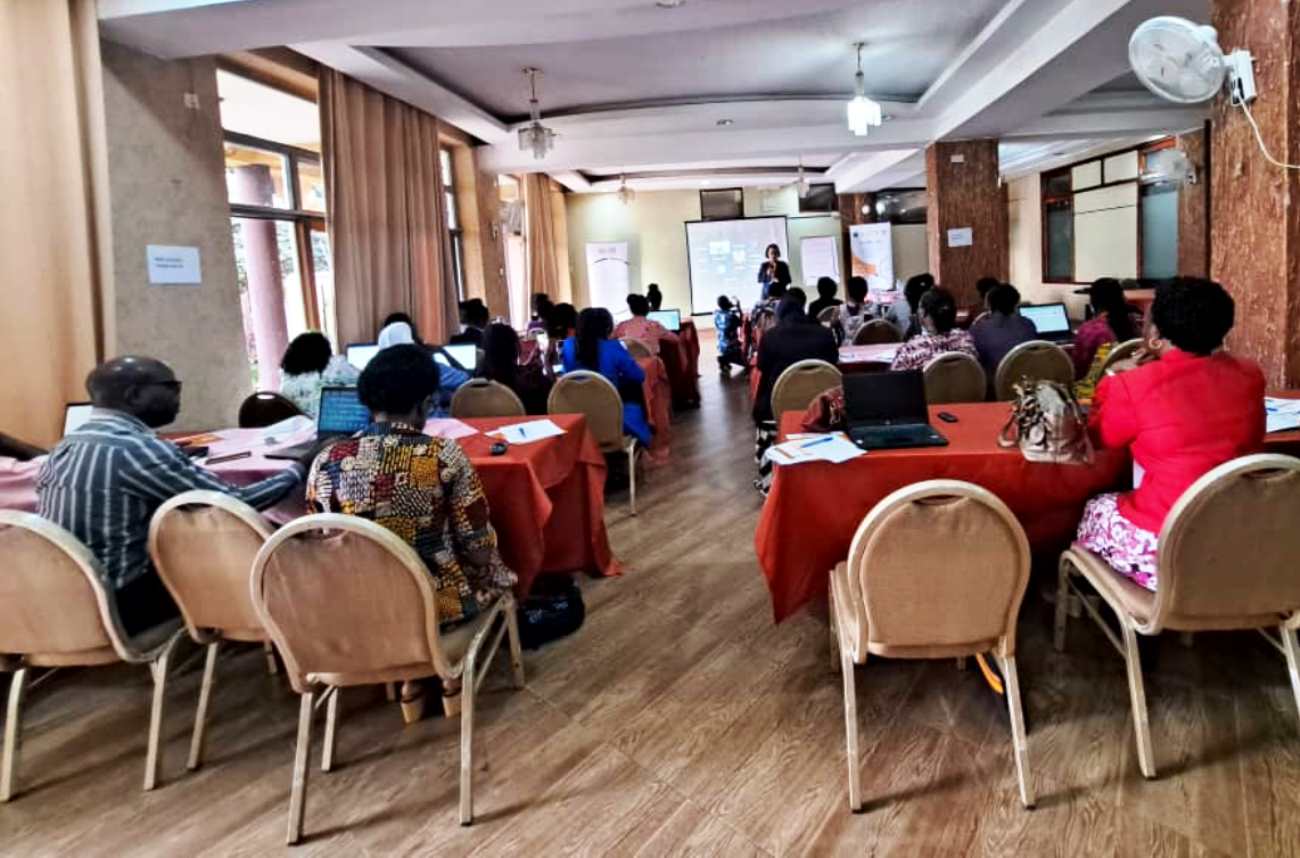Researchers from College of Natural Sciences (CoNAS) have unveiled two projects that are geared towards mass production of banana and honey.
Presented during the Makerere University Vice Chancellor Monthly Media Briefing held on 27th November 2017, the two projects aim at integrating crop management for scaling up banana productivity by using scientific based technologies without increasing the available arable land under banana cultivation and, enhancing production and incomes in the honey value chain respectively.
The projects also focus on developing mechanisms that are geared towards addressing banana plant recover from bacterial infestation as well as finding solutions to pests and parasites of honey bees in Uganda.
According to the Principal Investigator of the project Dr. Arthur K. Tugume, integrated crop Management for scaling up Banana productivity in East Africa was designed to reduce the yield gap and the extension support gap in banana productivity in Uganda and Tanzania.
Speaking to journalists in the Makerere University Senior Common Room, Dr. Tugume; the expert in Molecular Biology, Microbiology and Virology, said that closing the banana yield gap is very crucial if the country is to sustain food self-sufficiency, income, and livelihoods of the region’s smallholder banana farmers.
“Over 100 million people in East and Central Africa (EAC) depend on banana for food and income. In Uganda alone, over 10 million tons are produced annually making Uganda the world’s second largest banana producer. Most of the bananas produced in Uganda are consumed locally. Uganda holds the world’s highest per capita annual banana consumption of 1kg per person per day, translating into income and food security of 50-85% of small scale farmers in Uganda,” he said.
Despite the prime importance of banana in the East and Central Africa (ECA) region, productivity has remained too low. The region has been unable to exceed 30% of the crop’s production potential of 60-70 tonnes per hactare per year. Banana production in the East and Central African region is largely by the efforts of smallholder farmers most of whom own less than 0.5ha of land.
In a presentation, Dr. Arthur K. Tugume revealed that the cause of the low productivity can be attributed to the complex set of biotic and abiotic stress that significantly constrains banana production in ECA including Uganda. The most notable biotic include banana Xanthomonas wilt which is the most distractive disease of banana while the main abiotic stress are nutrients deficiencies and drought.
Dr. Arthur K. Tugume also said that intensification of banana production in ECA including Uganda is urgently needed to boost productivity in line with the increasing demand associated with escalating population pressure.
In a presentation “Enhancing production and incomes in the honey value chain by addressing the challenges of pests and parasites of honey bees in Uganda,” the Principal Investigator of the Beehealth Project, Dr. Anne Margaret Akol from the Department of Zoology, Entomology and Fisheries Sciences said that there is an urgent need to address the issue of pest in the beekeeping sector if the country is to attain the optimal hive yields without compromising the product quality.
“The project has developed different control measures and one of these are the two designs for a prototype small hive beetle trap to manage the notorious honeybee parasite that has been established to be present throughout the country. Ants can also be controlled by modifications to how hives are placed or by use of a water barrier and over 120 beekeepers on honeybee pests and parasite identification and how to minimise damage by implementing beekeeping practices,” she mentioned.
The Vice Chancellor of Makerere University Prof. Barnabas Nawangwe applauded the College of Natural Sciences for the ongoing research projects that are geared towards solving issues of food insecurity as wells as income productivity in the country. He credited Dr. Arthur Tugume and Dr. Anne Margaret Akol together with the Principal of the College of Natural Sciences Prof. J.Y.T Mugisha for undertaking research that is increasing productivity without the usage of chemicals.
The Vice Chancellor called upon the Government to invest in Uganda’s research when he said, “The world believes that Africa has the potential to become the world’s food basket. This calls for more research in areas that can increase on food productivity in the region. Over the years, Makerere has been the leading research institution in the country and one of the best in Africa that means that we have the potential to impact change in the region if we have resources for more research.”
Integrated Crop Management for Scaling Up Banana Productivity in East Africa is a research project implemented by a partnership between the College of Natural Sciences (Makerere University) through the Department of Plant Sciences , Microbiology working with NARO-NARL, Banana Research Program (Main guarantee), Uganda; International Institute of Tropical Agriculture (IITA) Agricultural Research and Development Institute (ARDI)-Tengeru, Tanzania; Agricultural Research and Development Institute (ARDI)-Maruku, Tanzania; ad Bioversity International. The four years project is worth USD 5700,000 funded by the Bill and Melinda Gates Foundation. The overall objective of the project is to reduce the yield gap and extension support gap in banana productivity in Uganda and Tanzania through
- Unveiling the strategic critical information necessary for increasing banana productivity.
- Massive testing of the decision support tools on farmers’ field in five target sites in Uganda and Tanzania
- Ensuring sustainability of the innovation pipeline for continuous improvement and increase in banana productivity in target sites and beyond through effective communication and information sharing.
Beehealth Project
The Beehealth project is implemented by the Department of Zoology, Entomology and Fisheries Sciences in support of the government initiative. The project is funded by the Regional Universities Forum for Capacity Building in Agriculture (RUFORUM). Beehealth project which is the first of its kind in Uganda aims at addressing the pests challenges of honeybees and its intended goals are
- To identify the main pests afflicting honeybee colonies in Uganda
- Develop solutions to the pests and
- Improve the capacity of beekeepers to identify and manage these pests
Article by Mak-Public Relations Office
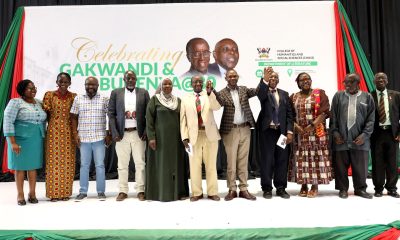
 Humanities & Social Sciences2 weeks ago
Humanities & Social Sciences2 weeks ago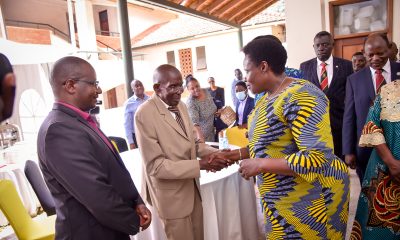
 General4 days ago
General4 days ago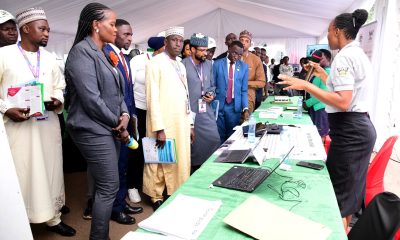
 Computing & IS3 days ago
Computing & IS3 days ago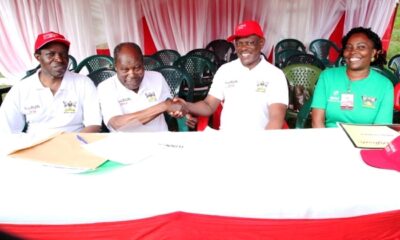
 General4 days ago
General4 days ago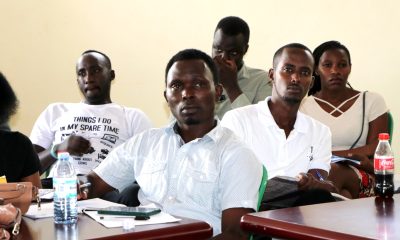
 Veterinary & Biosecurity2 weeks ago
Veterinary & Biosecurity2 weeks ago